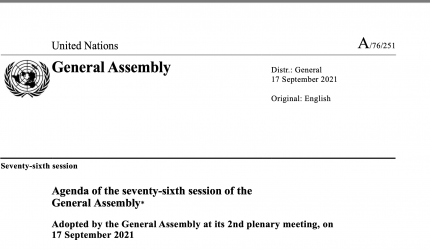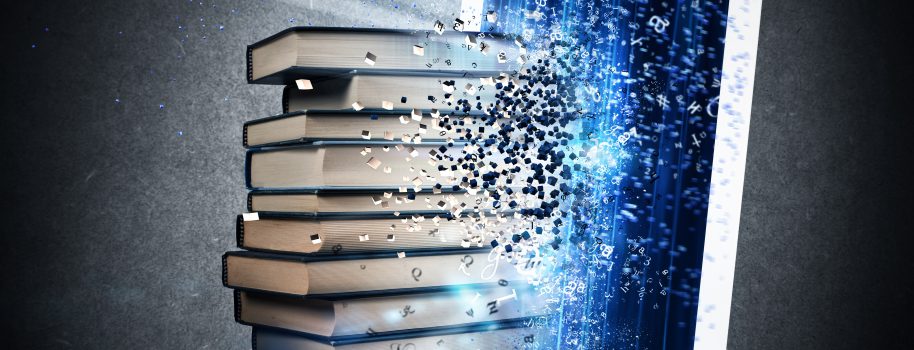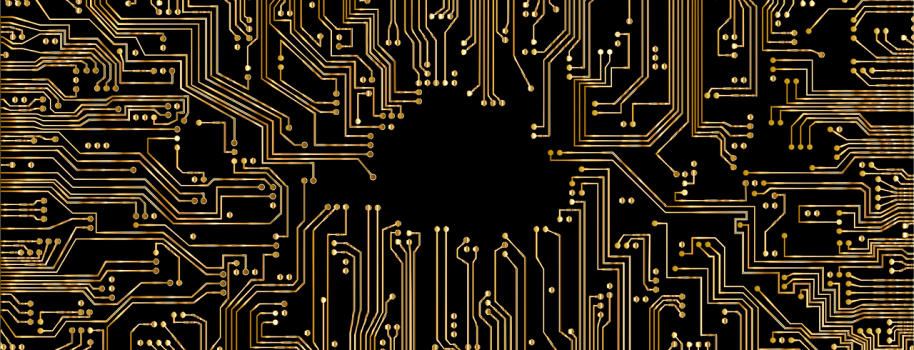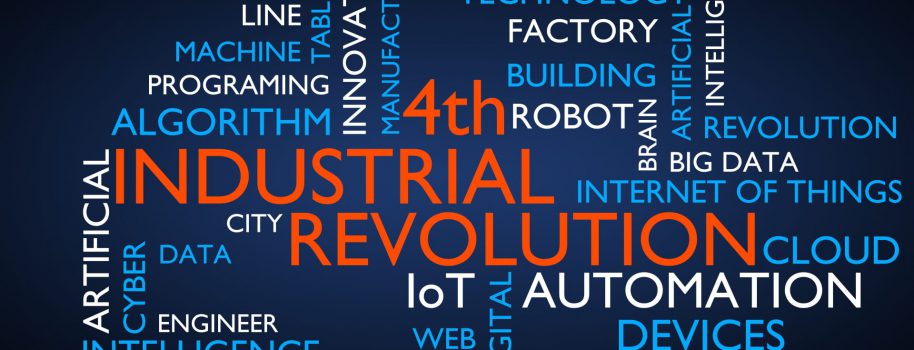Global South, Big Data and Algorithms: How Digitalization can chase Corruption and (maybe) change the World for the Better
It is not clear wether blogging can lead to or improve development in underdeveloped countries or regions. Denskus and Papan are asking for some more action than just mincing words: ”Equally, development blogging needs to find a balance between potentially self-absorbed naval gazing of expatriate development workers and researchers, and …






